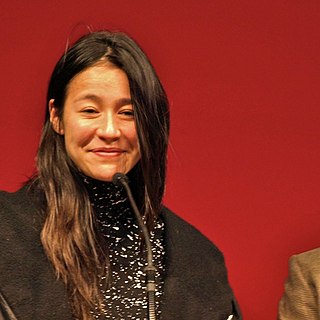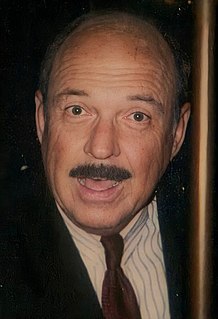A Quote by Melissa Gira Grant
Almost everything I've learned about journalism has been from other friends who are journalists, taking advantage of the money I hope they don't think they threw away at j-school. I studied comparative literature, but the professional vagaries of journalism I've learned through other people's trial and error, and my own.
Quote Topics
Related Quotes
A lot of people involved with celebrity journalism have interesting ideas about the people they want to write about going into the interview. Then as soon as they actually sit down with that person, they basically ask the questions they think journalists are supposed to ask, and they start viewing themselves almost as a peer of the subject. Like they're going to become friends. That's why most celebrity journalism is so terrible.
I finished high school and studied at the University of Nebraska in the school of journalism, which really turned me onto journalism. I never finished, but the very little that I did learn in two-and-a-half-years prepared me for a career in legitimate journalism, which included WWE, AWA, WCW, and everything in-between.
I feel like a lot of people involved with celebrity journalism have interesting ideas about the people they want to write about going into the interview. Then as soon as they actually sit down with that person, they basically ask the questions they think journalists are supposed to ask, and they start viewing themselves almost as a peer of the subject. Like they're going to become friends. That's why most celebrity journalism is so terrible.
A big part of my book deals with the caliber of journalism. Our journalism in general is deplorable, and on elections in particular it's very ineffectual. There are a lot of problems, a lot of them having to do with to problems within the professional code of journalism, which defines its role as the regurgitation of what people in power say. Another big problem is that we allow people with money to basically buy what's talked about in campaigns through running TV ads.
I thank God that I became addicted to pain pills, because the process of going through rehab taught me more about myself than I had ever known. I wish I would have learned what I learned about myself I learned in rehab, going through life. You know, we're all raised to be loved. We care about what other people think of us, and sometimes to our detriment we let feedback and the opinions of others shape our own self-image. I was guilty of that, too. But in my professional life, I had mastered it. I didn't care what the critics said.
I'd studied English literature and American history, but the English literature, which I thought was going to be helpful to me in an immediate way, was the opposite. So I had to un-think a lot of things and move out of my own head, and I learned a lot. It was like graduate school, but an un-graduate school or an un-school.
This is a very proud moment for journalism. I think The New York Times and The Washington Post are genuine champions in this moment. The role that they are playing in democracy is the role that you hear about journalism playing in civics classes. Other people are doing great work, but the Times and the Post have really been leaders. The public is watching, and they are hungry. They know something is wrong, there's a lot of anxiety out there. There's a real sense that the mission of journalism is very clear.
Anyone who does investigative journalism is not in it for the money. Investigative journalism by nature is the most work intensive kind of journalism you can take on. That's why you see less and less investigative journalism at newspapers and magazines. No matter what you're paid for it, you put in so many man-hours it's one of the least lucrative aspects of journalism you can take on.































